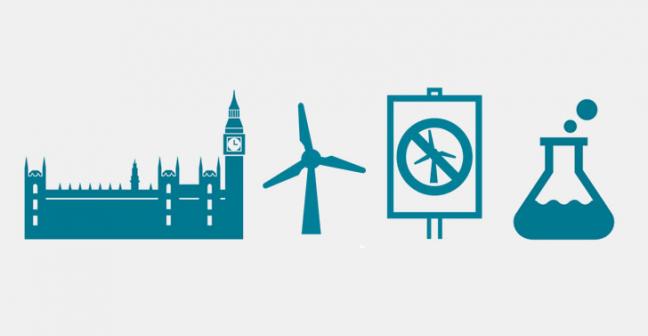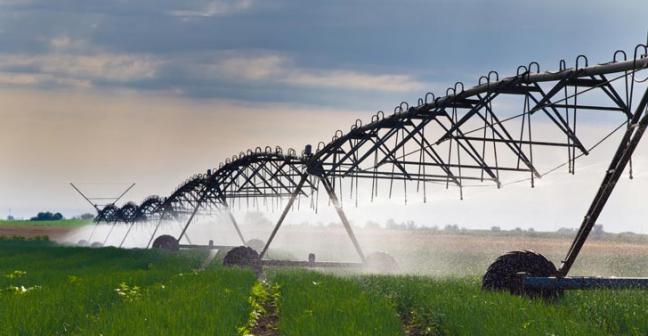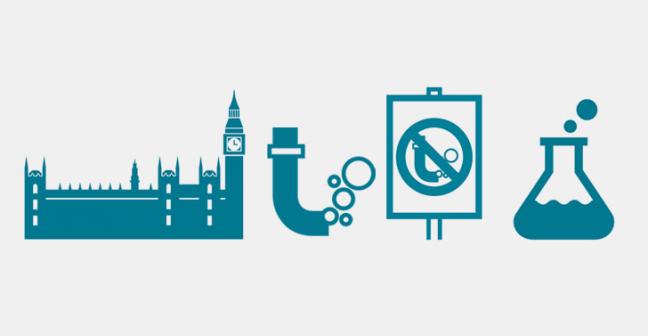Researchers, professionals and members of the IES team provide in depth analysis of news stories, topical issues and emerging science.
From the macro to the micro: analysis from the IES
Our latest energy factsheet looks at the generation of wind energy. It is widely accepted that to combat climate change we need to increase the proportion of renewables in our energy mix, but windfarm developments can be highly controversial, whether on- or offshore.
The UK is now the...
In putting together his College of Commissioners, new Commission President Jean-Claude Juncker has been making some significant early changes in structure and focus. In the second post of our blog series on The end of a green Europe?, we examine the new Commission structure, and explore...
environmental SCIENTIST | Water Security | October 2014
Although the global population growth rate is declining, the global population count is continuing to increase and is expected to reach 9.6 billion by 2050, with an estimated 70 per cent living in towns and...
The latest addition to our series of energy factsheets looks at a method not of energy generation, but for the disposal of waste products from the burning of fossil fuels: carbon capture and storage (CCS). CCS involves capturing Carbon dioxide released from the burning of fossil fuels,...
The five year term of the current European Commission officially draws to a close on the 31st October 2014. As the EU policy cycle renews with the influx of new Commissioners, it is a good time to take stock, review the progress that has been made, and think about the challenges ahead....







